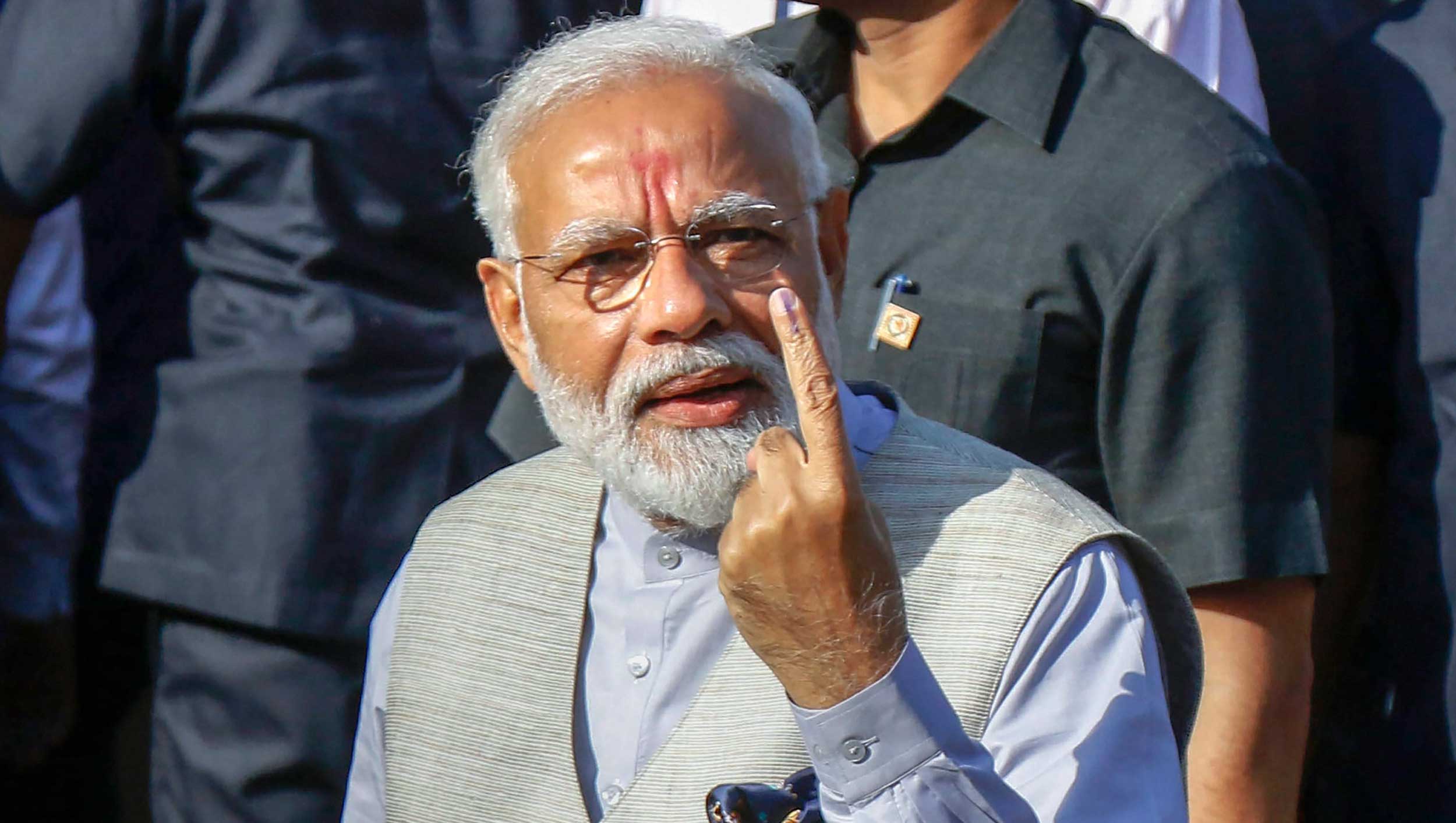Is an idea an abstraction? Should an ideology — a system of ideas — then be viewed as a wishy-washy concept that has little or no bearing on a political economy? Is New India, the one that the prime minister and the Bharatiya Janata Party are working earnestly to create, no longer accommodating of the ideals that were integral to the edifice of the India of old? Such reflections are not merely philosophical enquiries. In the light of the results of the general election, they have acquired an urgent political dimension, engaging some of India’s most luminous minds. In a recent article, Amartya Sen pointed out something significant in this context. Explanations of the BJP’s stupendous electoral performance — the party won over 300 seats in this general election — Mr Sen wrote, centre around the proposition of the ideological demise of the principles of pluralism and inclusion in their confrontation with the allegedly majoritarian vision endorsed by India’s ruling party. Significantly, Mr Sen has argued for a closer examination of this capitulation which, in his opinion, is partial.
Two important inferences can be drawn from Mr Sen’s contention. First, ideas do not exist in a vacuum. They constantly challenge and are challenged by the realities that prevail on the ground. Political contests, going by this logic, retain the character of ideological confrontations. This brings to light the importance of strengthening the integrity and autonomy of institutions that help shape minds and ideas. A robust, unbiased, inclusive education system is a catalyst for ideological engagement, which is, in turn, fundamental to the deepening of the democratic process. Perhaps that explains the interest of political fraternities of all hues to interfere in the realm of education. Tweaking ideas for political benefit, as is evident from this general election, can pay rich dividends. Significantly — this is the other point that Mr Sen raises — the battle of ideas is a continuous process. An electoral outcome, no matter how definitively in favour of a particular political party and the vision that it represents, is not necessarily the death knell for its ideological opponents. The BJP’s political rivals, dispirited and scattered at the moment, could take heart from this argument. The adverse political outcome notwithstanding, the window for resurrecting some of India’s foundational values remains open.











